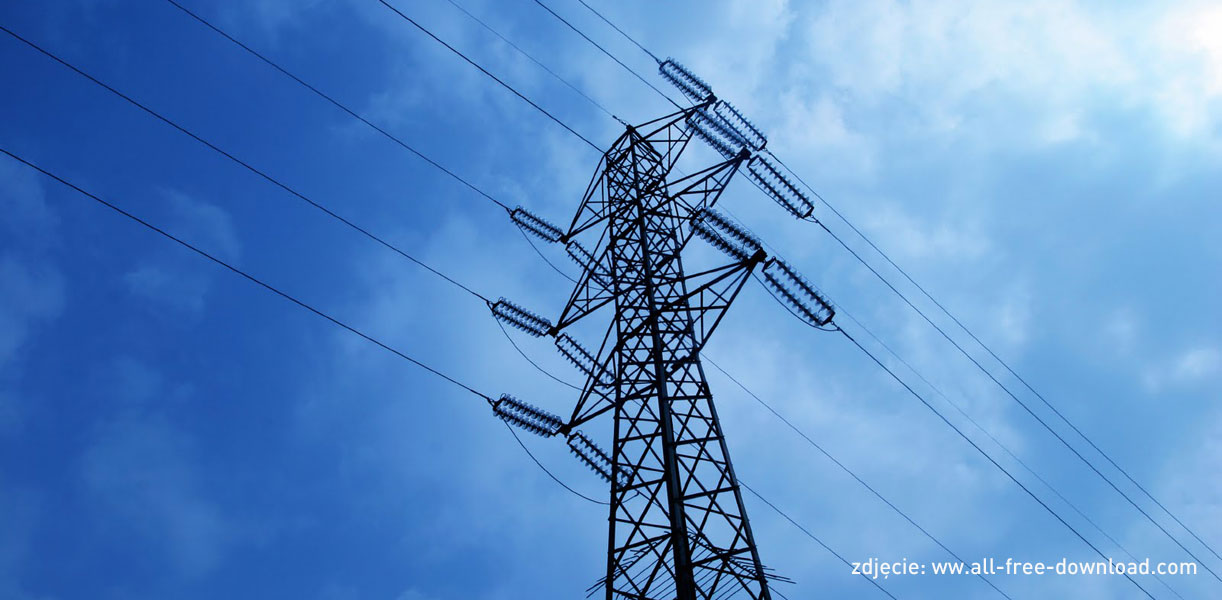The United Kingdom signed a target of net-zero greenhouse gas emissions in law on Thursday, becoming the first G7 country to set such a goal and cementing the most aggressive transition toward clean energy in the world to date.
Outgoing United Kingdom Prime Minister Theresa May announced earlier this month that the UK would “eradicate its net contribution to climate change by 2050.”
It’s a legally-binding move based on the recommendations from parliament’s Committee on Climate Change issued last month. This accelerates the UK’s current target of cutting emissions 80 percent by 2050 compared to 1990 levels, a goal enshrined in the 2008 Climate Change Act. The UK’s new target is “net-zero” by 2050. It doesn’t mean “no emissions at all” but that any carbon dioxide emitted has to be offset or removed.
“Ten years after the Climate Change Act became law, now is the right moment to set a more ambitious goal,” the CCC said in a statement. “The CCC’s recommended targets, which cover all sectors of the UK, Scottish and Welsh economies, are achievable with known technologies, alongside improvements in people’s lives, and should be put into law as soon as possible.”
The law comes shortly after the UK went two whole weeks without burning coal for electricity, the longest stretch without coal since the industrial revolution.
But the UK will have to do more than curtail coal to meet its target, which demands an abrupt turn away from fossil fuels for the world’s seventh-largest economy.
Achieving these ambitions means that by 2035, all new cars must be electric. Forests must expand from covering 13 percent of land today to 17 percent by 2050. All buildings must be retrofitted and decarbonized. People must consume less meat. Thermostats in the winter should be set no higher than 19 degrees Celsius.
The UK’s new climate change law stands out in the world because it encompasses the entire UK economy, and the country is starting from an inefficient, fossil fuel-heavy baseline. So the commitment to get to zero emissions in the UK is a bigger transition than any other country has agreed to so far.



